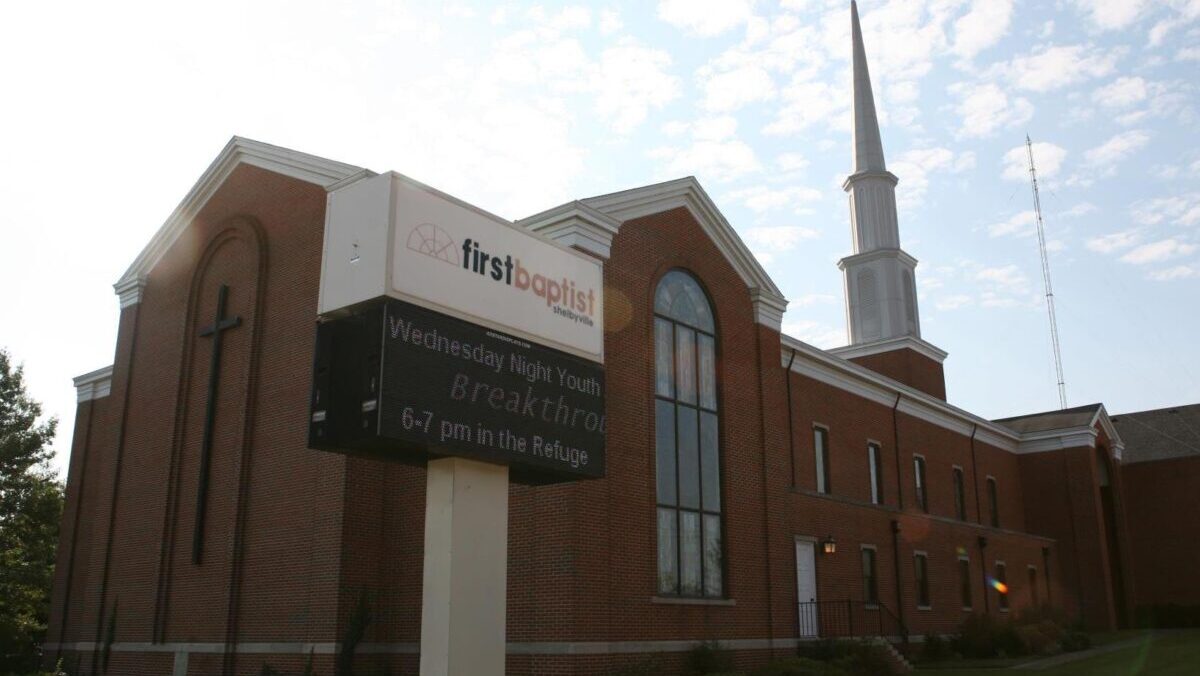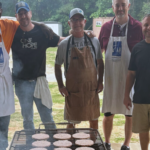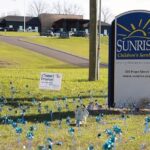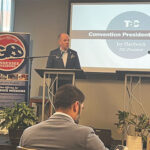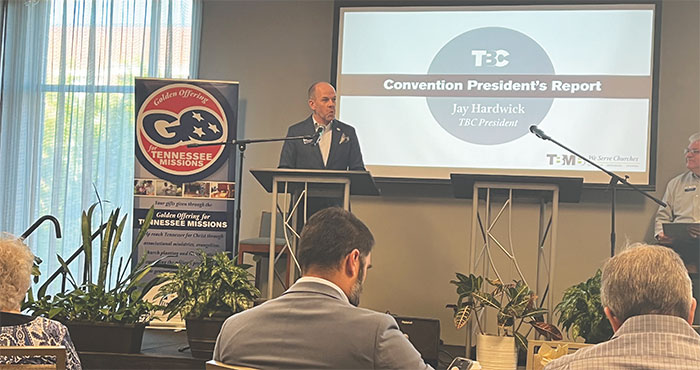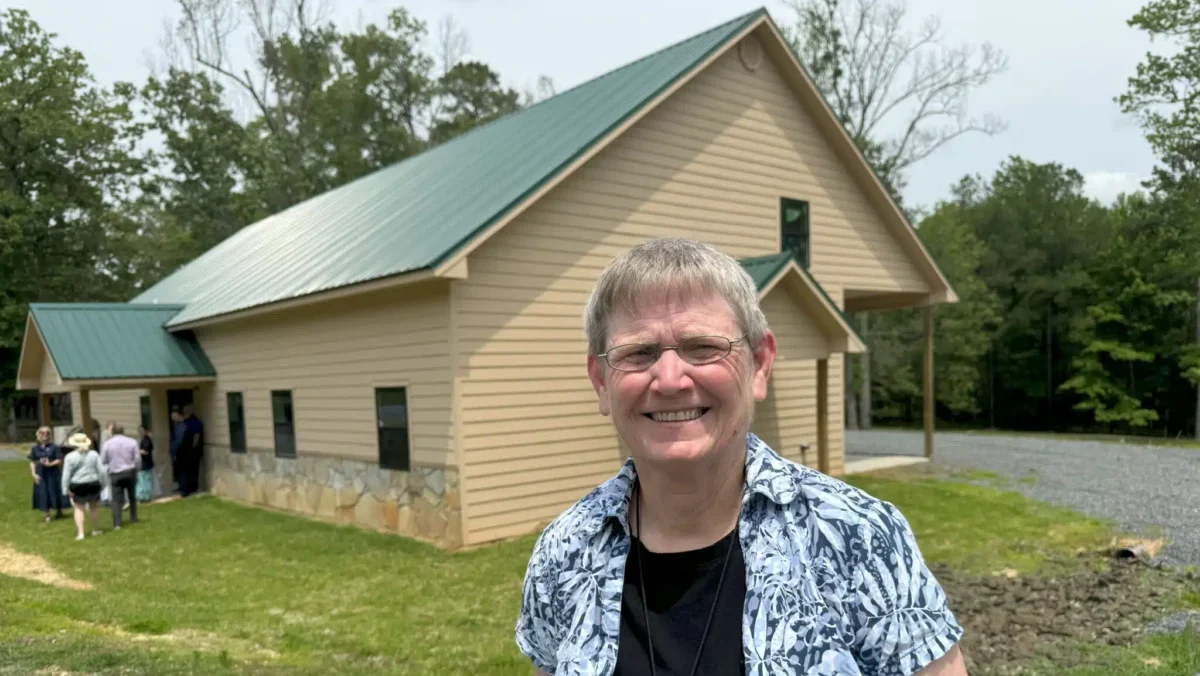Beginning this year, First Baptist Church Shelbyville, Tennessee, is launching an effort to start five ethnic churches in Bedford County over the next 15 years.
For a number of years, First Baptist has owned a building adjacent to the church that they rented to a Hispanic grocery store, said pastor Jeff Rasnick.
Rasnick, who has been on staff at the church for 14 years, including the last 10 as senior pastor, said he became “unsettled” in June of 2022 about being a “rent taker” of the Lord’s resources.
“When you begin to seek the Lord, He will tell you what He wants you to do,” Rasnick affirmed, adding that he was burdened “about how to best use the property.”
Rasnick began to pray and talk with some church leaders about his thoughts regarding the property.
“I began to get clarity that churches plant churches,” he recalled.
![]()
Meeting the greatest needs
Due to a high percentage of ethnicities in Bedford County, planting ethnic churches seemed to be the best way to meet the greatest needs, the pastor said.
According to indexmundi.com, a data portal that gathers facts and statistics from multiple sources around the world, Bedford County has the largest percentage population of Hispanics among Tennessee counties (12.6 percent).
In addition, First Baptist has been involved with New Duck River Baptist Association for a number of years helping to train young Hispanic men as pastors who are in accordance with the Baptist Faith and Message 2000.
“We already had been investing in young men who wanted to be used by the Lord,” Rasnick said.
Because of the need for additional Hispanic churches that teach Baptist doctrines, Rasnick concluded that it made sense to use their extra building for ethnic church plants.
Rasnick met with store owners in November of 2022 and detailed the church’s plans so they could find another location. The church gave the store owners six months to make plans and relocate. They left the building in June of last year.
The pastor worked through the church’s committees and leadership and they came on board with the plan. The church planned a missions update service in February followed by a special called business meeting.
Training ground
Rasnick shared the vision of First Baptist planting an ethnic church every three years that would become self-supporting in three years at a key location in the county.
The church plans to work with each plant to help them develop processes and accumulate resources that will help them when they go out on their own, he added.
“We would use our building as an incubator and training ground to plant five churches over the next 15 years,” he said.
‘Aggressive’ goal
The pastor acknowledged it is an “aggressive” goal. He noted that even if they plant less than five churches, they would still be reaching people in the community with the gospel.
“We do missions all over the world, but if we are not willing to do missions across the street or in our own community, we won’t be effective in anything we do,” Rasnick said. “We are called by God to meet the needs of our Jerusalem first — which is our local community,” he affirmed.
During the February meeting, church leaders proposed they repurpose the former store into a church plant facility in the next four to five months and then connect with the association and the Tennessee Baptist Mission Board to begin an ethnic church that would begin as home groups until the facility was ready to be occupied.
“We had a great turnout and the church got excited,” the pastor said. He noted that “we took questions until there were none left.
‘Buzz of excitement’
“We had a unanimous vote … and there continues to be a buzz of excitement,” Rasnick noted.
What’s more, the church already has identified a “home grown” member who is bilingual to lead the first church plant. He will be going through the process to become a church planter.
Work also has begun on renovating the former store building. It is now a concrete slab with steel girders.
“It has been stripped to the bone,” Rasnick said, adding that he hopes the renovations will be completed by late summer.
The pastor observed that getting the building ready for use “is the easy part.”
“We are praying for core people to help lead out with the first church plant,” he said.
The church planting endeavor will be 100 percent funded by First Baptist, Rasnick said. “We see this as our calling and responsibility. The Lord has been faithful to provide resources to do this.”
EDITOR’S NOTE — This story was written by Lonnie Wilkey and originally published by Baptist and Reflector.

